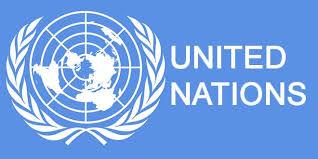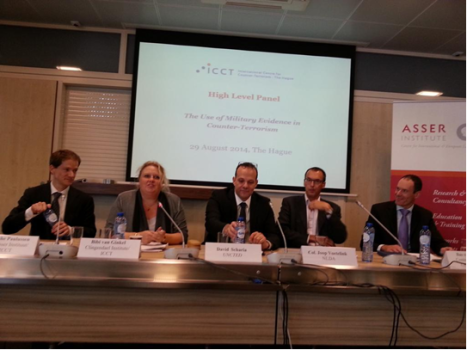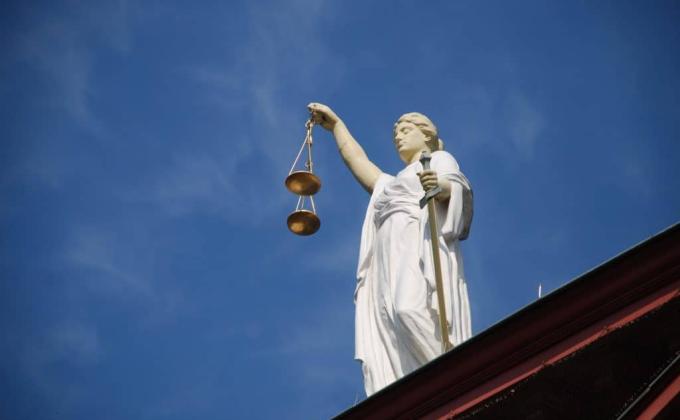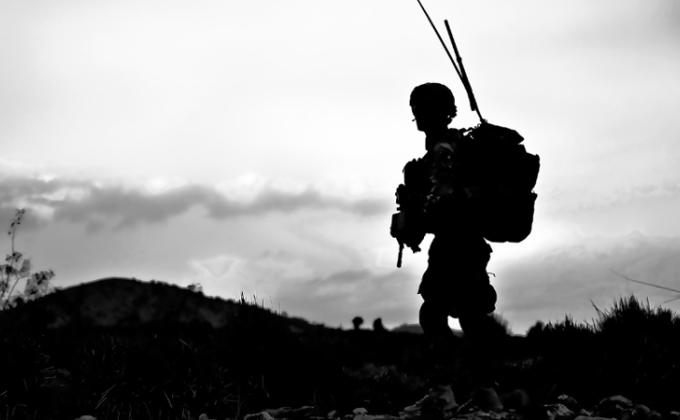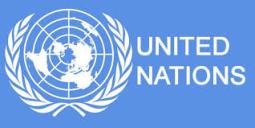In order to raise awareness of the related legal challenges and dilemmas, as well as to identify relevant good practices, ICCT in close cooperation with the United Nations Counter-Terrorism Executive Directorate (CTED) has been conducting the project Challenges Raised by the Use of Evidence Collected by the Military in Terrorism-related Cases Prosecuted before Civilian Jurisdictions.
The project developed the “Guidelines to facilitate the use and admissibility as evidence in national criminal courts of information collected, handled, preserved and shared by the military to prosecute terrorist offences (hereafter Military Evidence Guidelines)”, published on December 9, 2019.
Highlights
About the project
The past years have shown a clear shift in counter-terrorism operations: rather than a “capture or kill” attitude, counter-terrorism activities are increasingly moving towards law enforcement operations with a focus on criminal prosecutions. Nevertheless, the military remains an important actor in such operations and has become crucial in securing and gathering evidence either in or away from conflict zones, to be used to prosecute alleged terrorists.
In such cases issues arise with respect to both the military’s involvement in the first place, as well as its interaction with other government institutions such as prosecutorial agencies and the judiciary, in the chain of events that will ideally lead to bringing those to justice who are involved in the commission of terrorist acts within a framework that is fully respectful of human rights and the rule of law. Typical scenarios for evidence collected by the military are those where armed forces – both national and multi-national ones – are engaged in operations which yield intelligence that is subsequently needed to prosecute individuals suspected of involvement in terrorism. In some instances, military personnel is engaged in counter-terrorism operations even without the existence of a state of armed conflict, meaning that suspects may be first taken into custody by soldiers or material evidence be collected by the military. Overall, the reliance on evidence collected by the military poses new and unique challenges for prosecutors and other officials who are tasked with bringing terrorists to justice.
Security Council resolution 2396 (2017) calls upon Member States to share best practices and technical expertise, informally and formally, with a view to improving the collection, handling, preservation and sharing of relevant information and evidence obtained, in accordance with domestic law and the obligations Member States have undertaken under international law, including information obtained in conflict zones, in order to ensure that foreign terrorist fighters (FTFs) who have committed crimes, including those returning and relocating to and from the conflict zone, may be investigated and, where appropriate, prosecuted.
The present Military Evidence Guidelines were developed by CTED as a key project output, with the financial support of the Government of Switzerland and the United Nations Counter-Terrorism Centre (UNCCT) of the United Nations Office of Counter-Terrorism (UNOCT) and in close consultation with UNODC; the other Working Group member entities; and the International Centre for Counter-Terrorism – The Hague (ICCT), as Senior Consultant. They are based on several sources, including international law and practices of some Member States. The draft text of the Military Evidence Guidelines was reviewed by the members of the Working Group and by other relevant stakeholders and experts. The text was finally published in December 2019.
Read the Guidelines here.

